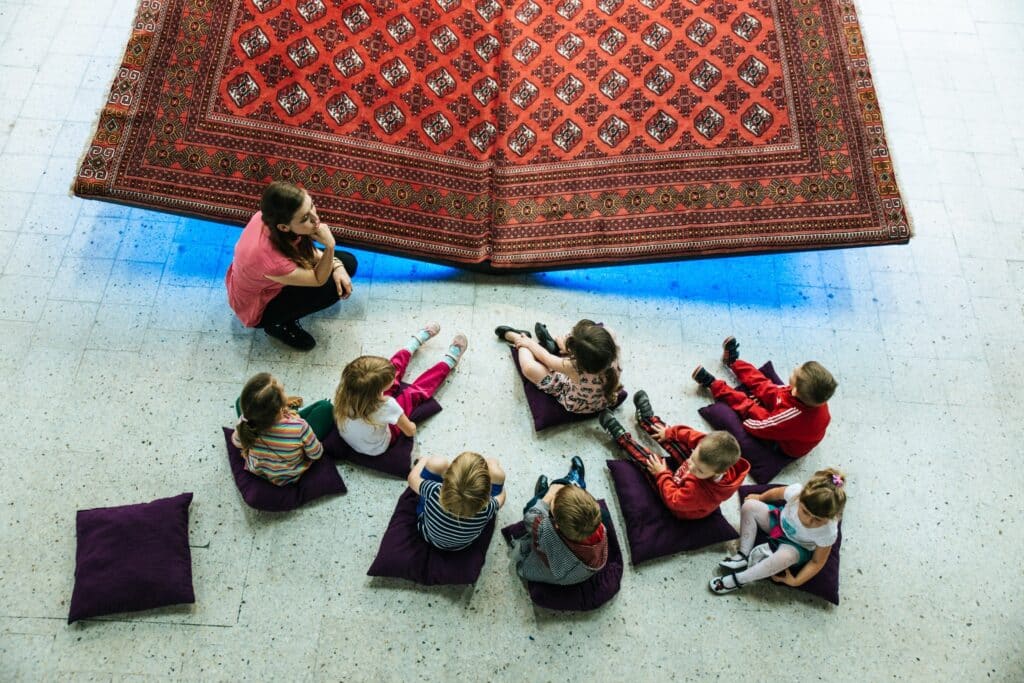Benefits of Crawling

Why is crawling so important? Crawling is an important part of development. Literature indicates there is a strong link between movement, the brain, and learning (Krog, 2015). As a baby begins to move around their environment, they are increasing their awareness of their surroundings, fostering their sensory-motor development as they begin to touch, explore, and see new experiences. Crawling also provides a strong foundation for the development of higher level motor skills.
Cooking with Children

As OTs, we consider cooking an occupation, specifically an Instrumental Activity of Daily Living (IADL). Cooking is a multi-sensory task that, when broken down into a task analysis, can involve sensory integration, fine motor skills, bilateral coordination, hand and upper body strength, motor planning, reading, math, problem-solving, impulse control, sequencing & more! Regardless of your child’s age or skill level, there’s a benefit to involving your child in the kitchen. You can involve your child using your discretion to address skill areas, but most importantly to spend time together, continue or create new traditions, and make memories together.
Gross Motor Activities for SUMMER

School’s out for summer! You might be wondering how to find balance between work and your
child’s free time. Here are some physical activities to burn that unused energy while addressing
your child’s motor planning, bilateral coordination, body awareness, and safety awareness!
Benefits of Yoga for Children

Practicing yoga has countless benefits for your child. Yoga can help develop the
physical body by increasing strength, balance, and coordination, while also benefiting
your child’s mental well being by supporting emotional regulation and boosting their
self-esteem. One of the best things about yoga is how accessible it can be! There are
tons of free classes and resources online, and with just five minutes of yoga per day you
could start to see some benefits.
Importance of Sleep

Restful and adequate sleep provides the foundation for optimal occupational performance, participation, and engagement in daily life, a concept that is historically consistent with the development of occupational therapy. The impact of sleep on function and participation is incorporated into the repertoire of occupational therapy practitioners and addressed across the lifespan (American Occupational Therapy Association, 2014).
